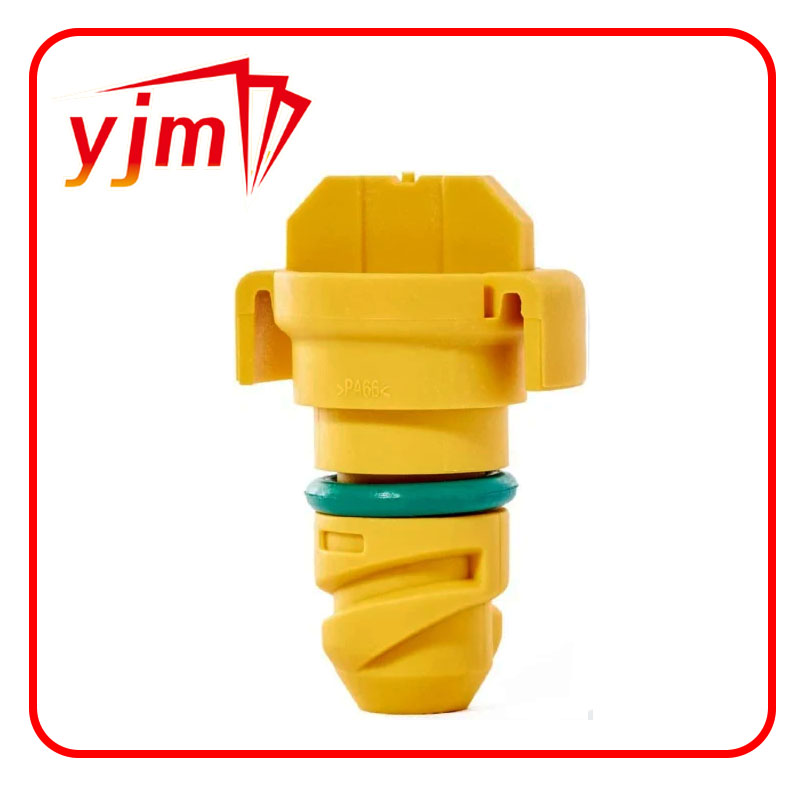crush washer for oil change
Understanding the Role of Crush Washers in Oil Changes
When it comes to performing regular maintenance on your vehicle, one of the essential tasks is changing the oil. This task not only helps ensure the longevity and efficiency of your engine but also contributes to smooth vehicle operation. One often-overlooked component in this process is the crush washer. In this article, we'll explore what crush washers are, their significance in oil changes, and why using the right washer matters.
What is a Crush Washer?
A crush washer, often referred to as a sealing washer, is a type of washer that is designed to create a watertight seal when compressed. Typically made of materials like aluminum or copper, these washers are commonly used in oil drains and drain plug applications in vehicles. When a crush washer is installed, it compresses and conforms to the surfaces it is sealing, filling in any gaps to prevent leaks.
The Importance of Crush Washers in Oil Changes
During an oil change, the oil drain plug is removed to allow the spent oil to drain out. A crush washer is placed between the drain plug and the oil pan to ensure a tight seal. If this washer is not replaced or is damaged, it can lead to leaks, resulting in a messy garage floor and potential damage to other vehicle components from oil exposure.
In most cases, crush washers are designed for single use. This means after an oil change, the old crush washer should be discarded, and a new one should be installed. Many DIY mechanics and even professionals may neglect this crucial step, believing that the old washer can still provide a seal. However, using an old crush washer increases the likelihood of leaks, which can lead to costly repairs down the line.
Signs You Need a New Crush Washer
1. Visible Damage If the crush washer appears deformed, cracked, or flattened, it is time for a replacement. Signs of wear and tear can often be seen after the washer is removed.
crush washer for oil change

2. Oil Puddles If you notice oil pooling beneath your vehicle after an oil change, this could indicate that your crush washer has failed.
3. Frequent Tightening If you find that you're having to tighten the drain plug more frequently to prevent leaks, this could be due to a deteriorating crush washer.
Choosing the Right Crush Washer
When it comes to selecting a crush washer for your oil change, it's essential to choose one that is compatible with your vehicle. Different manufacturers may specify particular sizes or materials for their models. Here are some tips on selecting the right crush washer
- Refer to the Owner’s Manual Consult your vehicle’s manual for specifications regarding the correct size and material of the crush washer.
- Quality Matters Invest in high-quality crush washers, ideally those recommended by the manufacturer or reputable aftermarket brands. Cheaper alternatives may not provide the same level of sealing.
- Material Choice Most commonly, crush washers come in aluminum or copper. Aluminum washers are lightweight and affordable, while copper options tend to provide a better seal and are often used in high-performance applications.
Conclusion
In summary, crush washers play a critical role in ensuring a successful oil change by preventing leaks. Neglecting to replace this small yet essential component can lead to significant issues down the road. Always remember to check the condition of the crush washer during an oil change and replace it with a new one to maintain the integrity of your vehicle's lubrication system. By doing so, you protect not just the engine, but also your investment in the vehicle. With proper care and attention to detail—like using the right crush washer—you can enhance the performance and longevity of your vehicle, making every oil change a seamless part of your maintenance routine.
-
Simplifying Oil Changes: A Comprehensive Guide to Oil Drain Plugs and Their Variants
News Aug.04,2025
-
Mastering Oil Drain Maintenance: Solutions for Stripped, Worn, and Upgraded Oil Plugs
News Aug.04,2025
-
Fixing Oil Pan Plug Issues: Leaks, Stripped Nuts, and the Right Replacement Solutions
News Aug.04,2025
-
Everything You Need to Know About Oil Drain Plugs: Sizes, Fixes, and Upgrades
News Aug.04,2025
-
Choosing the Right Oil Drain Plug: A Guide to Sizes, Materials, and Drain Innovations
News Aug.04,2025
-
A Complete Guide to Automotive Drain Plugs: Types, Problems, and Innovative Solutions
News Aug.04,2025
-
The Ultimate Guide to Car Repair Kits: Tools and Essentials Every Driver Should Own
News Aug.01,2025
Products categories















